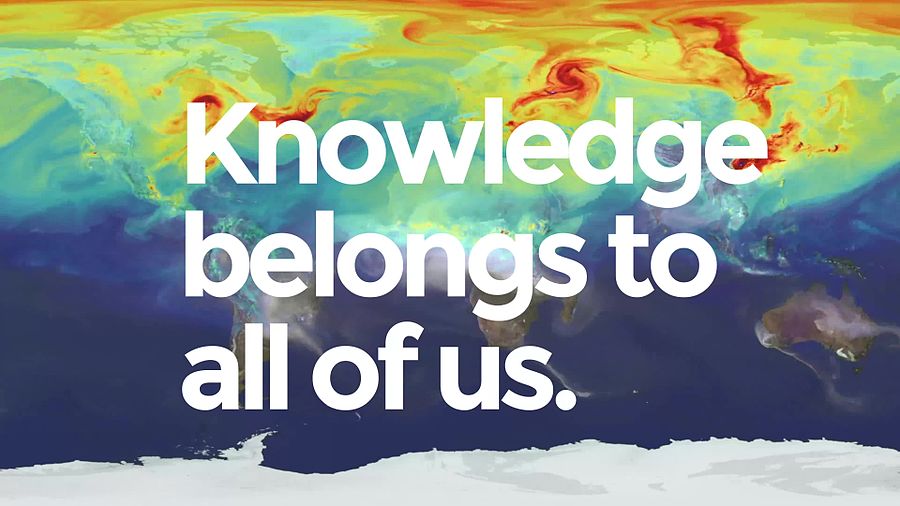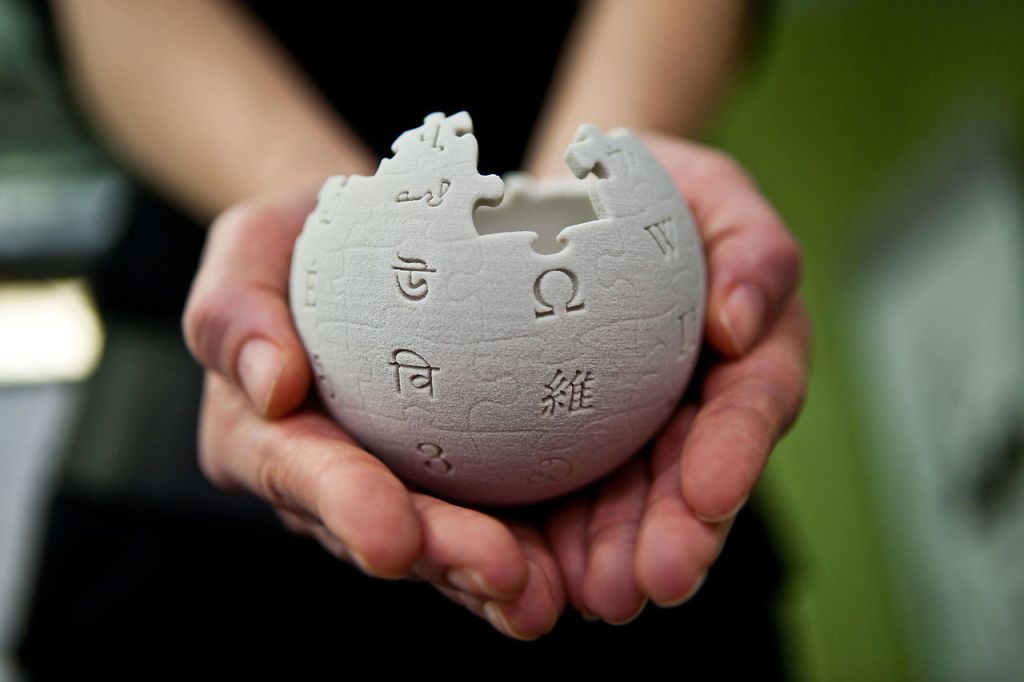The Wikimedia community in Chile, and in the world, works hard to promote the collective creation of knowledge in a free way, using the potential of digital environments. But today we want to talk to you about something that worries us and that has to do with the Law of Digital Platforms that is discussed in the Senate of Chile. The project seeks to regulate, in a unique way, the impact and links that platforms establish with people.
According to its authors, this project stems from a concern: the overuse we make of technology platforms and the power disparity that exists between them and users. Emphasis is placed on the importance of protecting ourselves from the impact of content circulating on the Internet and reporting: how their algorithms are built, information bubbles, and the responsibility of digital platforms in the proliferation of disinformation, among other points.
However, the project is very ambiguous on many points; for example, it does not make it very clear what it means by “digital platform” or which ones would be really affected by this legislation, but holds them responsible for the interactions and expressions that users make through them.
The project has been widely criticized by local and international organizations, such as the NGO Derechos Digitales, the Chilean chapter of ISOC, the Foundation Datos Protegidos and the CEDI of the University of Chile; Also, organizations such as GNI, the Policy team of the Wikimedia Foundation or the rapporteur for Freedom of Expression of the CIDH have expressed their apprehensions of this initiative both in the content and in the way in which the project has been discussed.
As Wikimedia Chile we are very interested in talking about the substance of the digital platforms bill, and in particular how it would affect the use of the Internet in general, especially projects that promote interaction between people and the collective creation of information such as Wikipedia and the Wikimedia ecosystem.
As already stated, the project is ambiguous in terms of the concept of digital platforms: these could be large companies, but also projects such as forums, community media, or Wikipedia. Nothing is very clear.
However, the project does make these digital platforms responsible for the content published by their users and for the effects that it may cause on third parties; This would end by forcing said platforms to report or block users or content that are considered conflictive to avoid problems.

Is it desirable that a digital platform can or should identify conflicting content to download it? With what criteria would that be done? How would it operate in the case of Wikipedia? Would we be forced to download content for fear of legal retaliation?
Not all digital platforms work in the same way; although some make questionable uses of the information or profit from the content and data of their users, not all of the Internet can be summarized as a logic of consumption or a space of dangers and bad practices. And we think this project omits that.
The Wikimedia ecosystem, like many other online projects, works in a decentralized manner. For 20 years, the wiki ecosystem has connected people from all over the world and also facilitated the exercise of many other rights: of assembly, of organization, of information and expression, of access and enjoyment of culture and heritage.
Its form of governance, with clear rules and a spirit of transparency, constitutes an alternative capable of regulating thousands of views and experiences and ensuring the quality of the content that is published in the different Wikimedia projects and that serve thousands of people a day. In this, as in many other cases, the community is the best measure to regulate the internet and not punishment or prior limitation or censorship.
Free and anonymous interaction between users is fundamental for the Wikimedia movement and its projects, where neither the chapters nor the Wikimedia Foundation can intervene; Concepts of the Digital Platform Law project such as “strict liability” and “right to be forgotten” to demand the cancellation of certain online content are threats to the normal functioning of Wikipedia. So we cannot accept them.
For all this, we believe that the Digital Platform Law project, as it is written today, affects the work of Wikimedia Chile and the community that moves Wikipedia and the Wikimedia projects in Chile. This regulation leaves us in a very disadvantaged position if what we want is to defend the autonomy, freedom and neutrality of Wikipedia and we invite the members of the Future Challenges Commission to please reconsider the wording or even the presentation of this project .
During the next few weeks Wikimedia Chile will be carrying out a series of communication actions to raise awareness about the Digital Platform Law project, and we invite you to join us, joining, sharing and telling others why this issue matters to us and how this project can greatly affect our community and Wikipedia.
If you want to adhere to this statement, you can sign here.

Can you help us translate this article?
In order for this article to reach as many people as possible we would like your help. Can you translate this article to get the message out?
Start translation
